Can anyone explain why setId(120) is being ignored?
The console output is:
import { useState, useEffect } from 'react';
import './App.css';
function App() {
const [id, setId] = useState(0);
useEffect(() => {
console.log('before');
setId(120);
console.log('after');
}, []);
useEffect(() => {
console.log('id', id);
setId(555);
}, [id]);
return (
<div className="App">
<div>id=[{id}]</div>
</div>
);
}
export default App;
